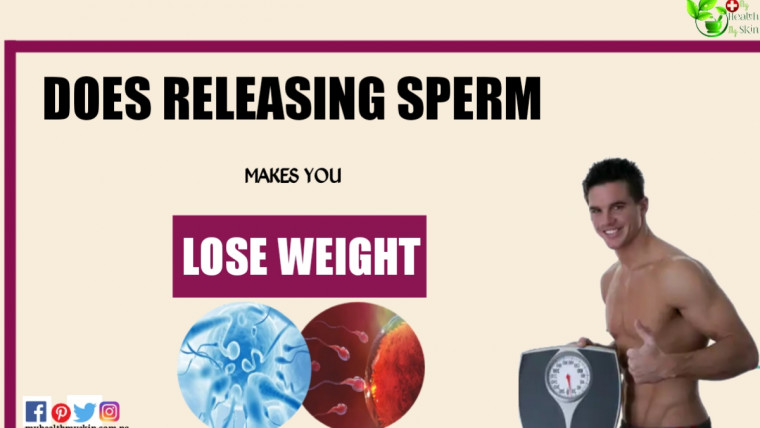Venlafaxine, or venlafaxine hydrochloride, is an antidepressant indicated for the treatment of anxiety, panic disorder and various depression conditions.
This medication acts on brain chemicals (serotonin and noradrenaline), which when out of balance, cause depression.
One of the adverse effects of this medicine is weight change, because this medicine promotes the regulation of appetite and satiety.
Therefore, there are those who take this antidepressant on their own in an attempt to lose weight. However, there are also reports that this medication is fattening.
Shall we confirm what is true?
[lwptoc]
Does Venlafaxine Make You Fat or Lose Weight?
In clinical trials, only 3% of participants reported weight changes with venlafaxine use. Some users claimed weight gain, while others noticed that they lost weight after taking this medication.
Venlafaxine And Weight Loss
The use of Venlafaxine can cause weight loss when one of the causes of weight gain is anxiety, which causes an uncontrolled search for food, especially sweets.
In this case, the drug helps to control the anxiety disorder, decreasing food compulsion, and allowing the person to follow a diet.
Another triggering factor for weight loss concerns the recovery of self-esteem, resulting from the restoration of the balance of serotonin levels, which throughout treatment, antidepressants promote. Upon regaining self-esteem, the person returns to the desire to take care of themselves and thus stop compulsively eating.
Venlafaxine And Weight Gain
However, there are also reports that Venlafaxine can make you gain weight, although this has been described by less than 1% of cases. This weight gain can even be attributed to the depression that the person is treating and not to the medication itself.
But hardly an antidepressant will show results before 4 weeks of treatment, and this period can be extended, depending on the person’s emotional state.
During this initial phase of the drug in the body, the user still maintains a depressive behavior, for this reason there is no way to say that the cause of weight gain is Venlafaxine.
We also have to consider that depressed people are hardly willing to practice physical activities, which also contributes to weight gain.
Another relevant fact is that 70% of people who take antidepressants are women, who are already much more likely to gain weight due to their hormonal variations.
Hunger Vs Binge Eating
Let’s understand the difference between these two mechanisms, to have a better idea:
Hungry
Hunger is the body’s response, which after a certain period, shows signs of lack of food that provide the essential nutrients for its maintenance and health.
When this occurs, the brain sends the warning that energy needs to be replenished.
Binge Eating
Binge eating is a situation where the person consumes an exaggerated amount of food, far beyond what is necessary, several times a day.
These foods are usually high in calories, full of sugars, fats and salt. Some compulsive people eat until they feel bad.
Usually, after this compulsive crisis, the person feels guilty, and ends up eating more food, thus creating a vicious cycle.
Recommended
- Does Ibuprofen Make You Last Longer In Bed?
- Does Buclina Really Get Fat? How Long?
- Does Fluoxetine Make You Thin Or Fat?
Binge eating is one of the main causes of weight gain. In depressive conditions accompanied by anxiety disorders, some people often gain weight, as they attribute to food their only source of pleasure and joy.
Side Effects
Some users have reported common effects like insomnia, dizziness, nausea, headaches, blurred vision and drowsiness. In other people, problems of lack of libido, changes in appetite, gastrointestinal discomfort and anxiety have been observed.
The unwanted and considered severe side effects attributed to venlafaxine are linked to increased blood pressure, chest pain, high cholesterol and mental confusion.
Some sporadic reports of ringing in the ears, difficulty urinating and swelling.
The drug should not be taken when the stomach is empty as it may cause stomach upset.
When the side effect is positive
Most people live looking to eliminate fat and weight, however, some are at the other end of the story, living a completely opposite situation, that is, there are people who, when they get into depression, lose weight abruptly, and find serious difficulties in regaining the lost weight.
For these cases, weight gain as a side effect after starting treatment with antidepressants is a sign of improvement, as the person is able to regain their appetite and start eating normally.
In these cases, when Venlafaxine promotes weight gain, it’s a good sign!
Who Should Not Take Venlafaxine
- Glaucoma patients;
- People prone to suicidal thoughts;
- Children;
- Pregnancy and lactation.
Final Considerations
Obviously, this article is for informational purposes only. Every antidepressant medication must be prescribed by a psychiatrist, who, after consultation and clinical examinations, will come to a conclusion on the type of medication needed for each person, as well as the ideal dosage.
Taking Venlafaxine, solely and exclusively, with the aim of losing weight, completely escapes the medication proposal, because there are other factors that lead a person to gain weight, such as hormonal, endocrine, genetics, etc.
If you want to read more articles similar to does venlafaxine make you fat or lose weight? We recommend you visit our Weight Loss & Weight Gain category. Share on your social networks and stay tuned for upcoming articles.
Do You Know Anyone Who Has Taken Venlafaxine To Lose Weight Or Gain Weight? Have You Ever Taken This Medicine? Comment Below!









